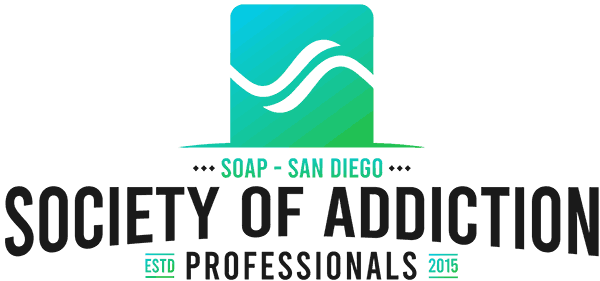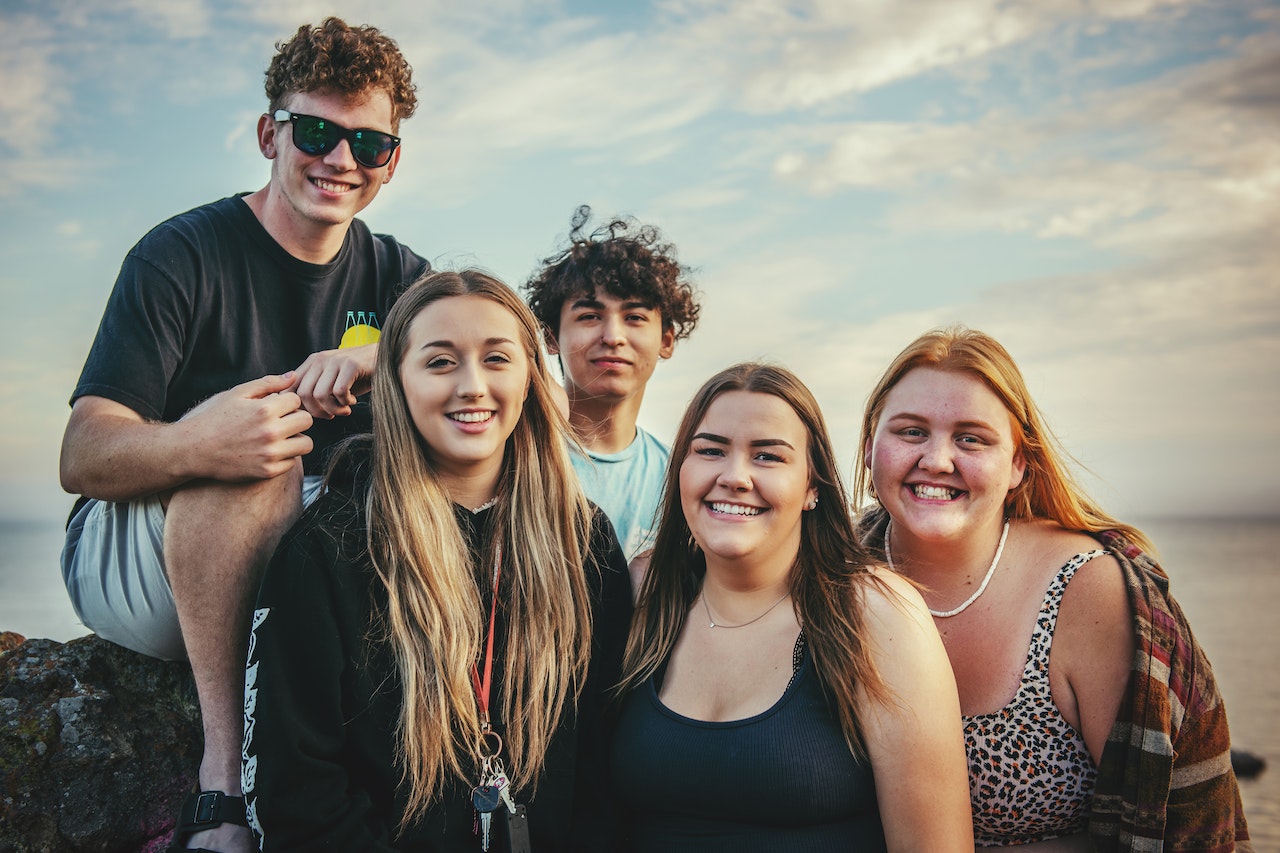Fentanyl has been found in almost every drug in the past year, and increasingly, it’s a youngster who dies from an overdose. Fake pills from the internet have changed the way people acquire drugs, and it’s killing people.
Many people believe that recreational drug use is a harmless phase many young people go through. After all, it was considered “normal” to experiment with drugs in the 1990s. However, the drug market and drugs have changed significantly in the past few years. The prevalence of online apps has brought drug dealers to people’s phones. And experimenting with new drugs can be just a click away. Sometimes the drug user is a teen who has just made the last decision of their life.
What Is Fentanyl and Why Is It Everywhere?
Fentanyl is a deadly synthetic opioid often pressed into fake pills or cut into other drugs as a secret additive. It’s been found in many drugs across the US, causing overdoses in opioid-naive users that are often deadly.
Drug dealers often add it to heroin, cocaine, and other street drugs. While it is sometimes deadly, they believe the risk is worth it. They intend to get their users hooked on drugs that contain fentanyl. Fentanyl is highly addictive and can be up to 50 times stronger than heroin.
Fentanyl has become a massive problem in the US in the past five years, especially during the COVID-19 crisis. During this crisis, many people sought sources of drugs online. Drug dealers, encouraged by the relative lack of policing on platforms, sometimes even reach out directly to people and offer to sell them drugs.
Fentanyl and Online Drug Dealers
Drug traffickers are everywhere on social media, especially on Snapchat and other encrypted apps such as Signal. The nature of these social media sites is such that people may never even know each other’s real names while communicating. Yet, at the same time, they may buy a drug that kills them.
Using drugs has always been dangerous, but this is the first time in history that a drug that kills people is regularly added to different classes of drugs. As a result, people who use Molly, cocaine, cannabis, Oxy, meth, speed, and other drugs don’t expect fentanyl and may be unable to stay awake or take action if they fall, victim.
Tips for Friends, Family, and People Who Use Drugs
The public messaging surrounding fentanyl is often full of warnings, but how do you help loved ones who use drugs prevent an overdose?
Narcan is an opioid-reversal drug that many drug users keep on hand in case of accidental overdoses. You can take a short training class in many states and buy it in a pharmacy.
Talking to People About Fentanyl
Talking to young drug users, family members, and community members about the realities of fentanyl can save a life.
- Explain what fentanyl is and that it is added to street drugs. Let them know why it is so dangerous and how it often leads to overdoses. The DEA has a good handout for talking about how “one pill can kill.”
- Drugs bought online through social media sites are always unsafe and usually don’t contain the drug they claim.
- Let drug users know the danger of pills that were not prescribed by a doctor, no medication purchased online can be considered safe. Fentanyl has been found in most illicit drugs.
- Refer drug users to harm reduction organizations to gain access to Narcan and sometimes tools like fentanyl testing strips.
- Let drug users know you’re here to listen if they have a drug problem. Keep information on treatment and 12-step programs if you know somebody may need them later.
Fentanyl is a growing public health problem that few people know about outside the addiction recovery community. Yet members of every community have been affected by the overdose epidemic. A recovery is always an option for the drug user who lives through an overdose to see another day!
Education programs in the school and local communities and greater distribution of Narcan may help contain the overdose death rate. However, the best way to save lives is to keep young people from using drugs in the first place.
About SD-SOAP
The San Diego Society of Addiction Professionals, a coalition of working professionals, meets monthly to discuss new ways to tackle the addiction crisis. In addition, members of the community, first responders, and other recovery professionals can learn from each other! Learn more about our meetings by clicking here.

